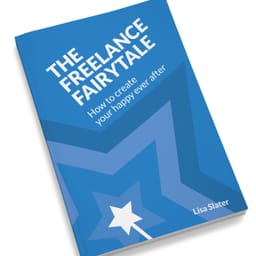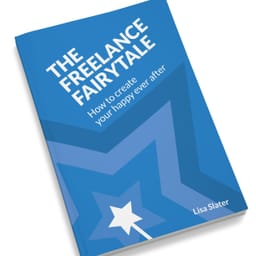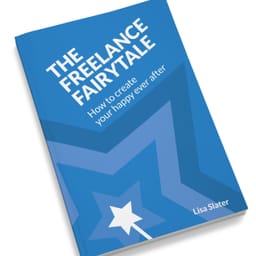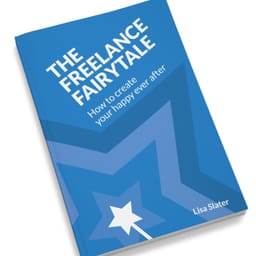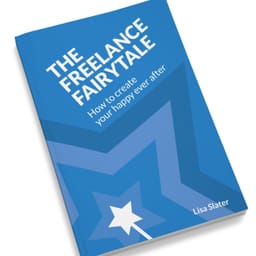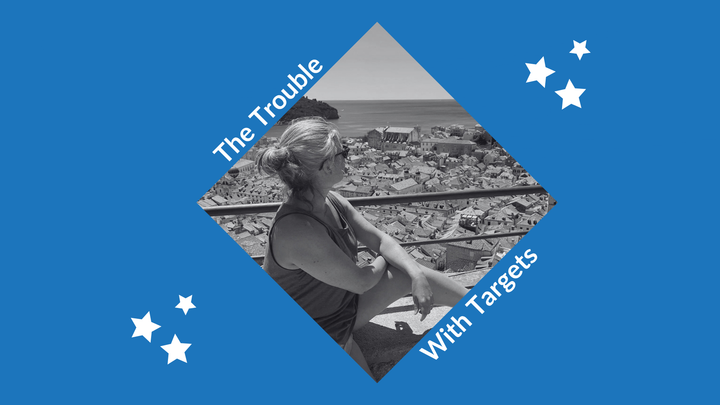Setting Business Boundaries Can Protect Your Mental Health

When I started my business, I didn't really have a plan, so I kind of just went with the flow.
I made myself available to clients when they needed me, answered calls even when it wasn't convenient, replied to emails late at night, agreed to in-person meetings even if they weren't necessary. I'd agree to discount my price if I was pushed, rarely charged extra when there was scope creep, and wouldn't complain if payments were late.
I wanted to provide an excellent service.
And I'd convinced myself that providing an excellent service meant doing what suited my clients and never saying no.
It doesn't.
You can't provide an excellent service if you're overloading yourself with low-paid work, letting clients dictate how you run your business, or feeling anxious because payments aren't coming in on time.
You can't deliver excellent service if one unreasonable client is making you so stressed that you can't concentrate on anything else. You can't deliver an excellent service if the work you are doing is so low-paid that you resent doing it.
You have to protect yourself. You have to protect your mental health. And you can't do that if you aren't setting boundaries.
In my book, one of the chapters is all about setting rules - your non-negotiables. The rules you set are up to you, but they should be rules that will protect you and you have to be prepared to stick to them.
Working hours
This is an easy one. You decide what hours you work. If you don't want to work Fridays, don't work Fridays. If you don't want to take client calls after 3pm, don't answer your phone after 3pm.
I don't have set hours as such, but I rarely work evenings or weekends. If I do work evenings or weekends, it's out of choice because I want to get ahead or I'm working on something I'm really excited about. And when I'm on holiday, I'm on holiday - work can wait until I get home.
Whether you decide to have set working hours, limit the number of hours you work each week, or have some strict no work during certain times or certain activities rule is up to you. However you choose to work, make sure you are giving yourself proper breaks and making time for self-care.

Payment terms
I'm a big advocate of getting paid up front because it protects you in so many ways. Money (or lack of it) is one of the biggest causes of stress and anxiety for freelancers.
If you've spent 40 hours on a project and there's no sign of that invoice getting paid, that is going to stress you out. It’s going to cause you undue anxiety. And if you're feeling stressed and you're worrying about getting paid, that takes your focus away from other clients.
Getting paid up front is a great way to protect yourself. It’s a rule I have in my business, and it's easy to enforce. If I haven't been paid, I don't start the work.
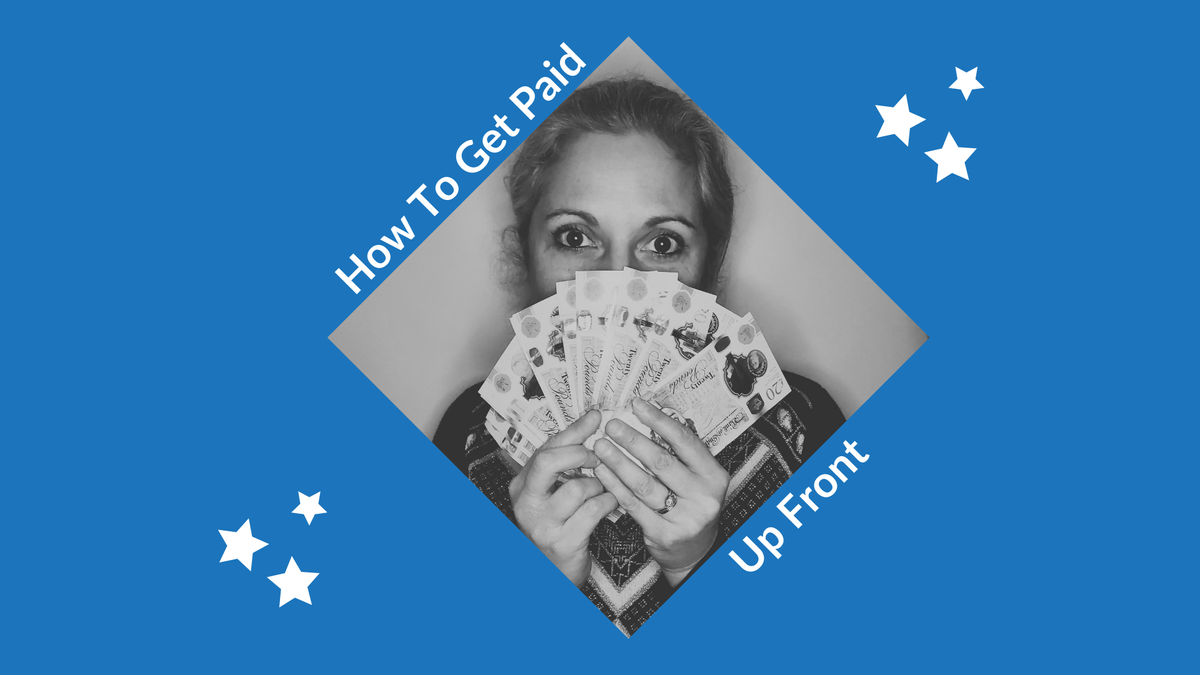
Taking unscheduled calls
One of your rules could be around phone calls to protect yourself from timewasters.
Your rule might be that you don’t speak to anyone on the phone until they've answered a set of questions.
Or you might decide to charge for discovery calls or consultations (I do, and I can teach you how).
Or it might be you don't take any unscheduled calls. So if your phone rings during the day you let it go to voicemail and then deal with it at a more convenient time.
I don't answer any unscheduled calls (unless it is a friend or family member). It saves me getting caught off guard or having my time wasted.

Project and client selection
You might make rules around who you work with or what kind of projects you take on. For example, you might decide that you don't work with clients in a certain sector, or clients who don't meet certain criteria (e.g. size, turnover, location).
Maybe you don't want to take on projects under a certain value. So your minimum project price is £X, and if something comes in that's not going to meet that minimum fee, you don’t take it on.
Or you might have rules around your project process so you don't take on clients who want to skip steps or change the way you work. You don't have to say 'yes' to everything that comes your way.

Don’t work with clients who don’t respect your boundaries
There will be times when you might have to work a late night, or there might be times when you do have to cancel plans with someone because you've underestimated how long a project will take. But it's not something you should be doing all the time just because your clients demand it.
If your clients aren't respecting your rules or boundaries or are pushing you to work in a way that you're not comfortable with, it’s going to lead to trouble.
So if you've got toxic clients – clients that are stressing you out and making you feel crappy – then you need to get rid of them because you're not protecting yourself. And you need to protect yourself because you are the most important thing in your business.

Can you bend the rules?
The rules are there to protect you, but that doesn't mean you can't be flexible with them. It might be that you occasionally bend your own rules because it makes sense in certain situations.
For example, maybe one of your rules is never do client work on a Sunday because that's your family day. But one week, you have a couple of days away with your family in the week, so you use the Sunday to catch up. That's fine – that’s your choice.
And that's the important point - it should be your choice. You shouldn't be bending or breaking your rules every time you get a bit of push back from a client. You should only be bending them or breaking them because it suits you.
It's your business. It should work around you.

